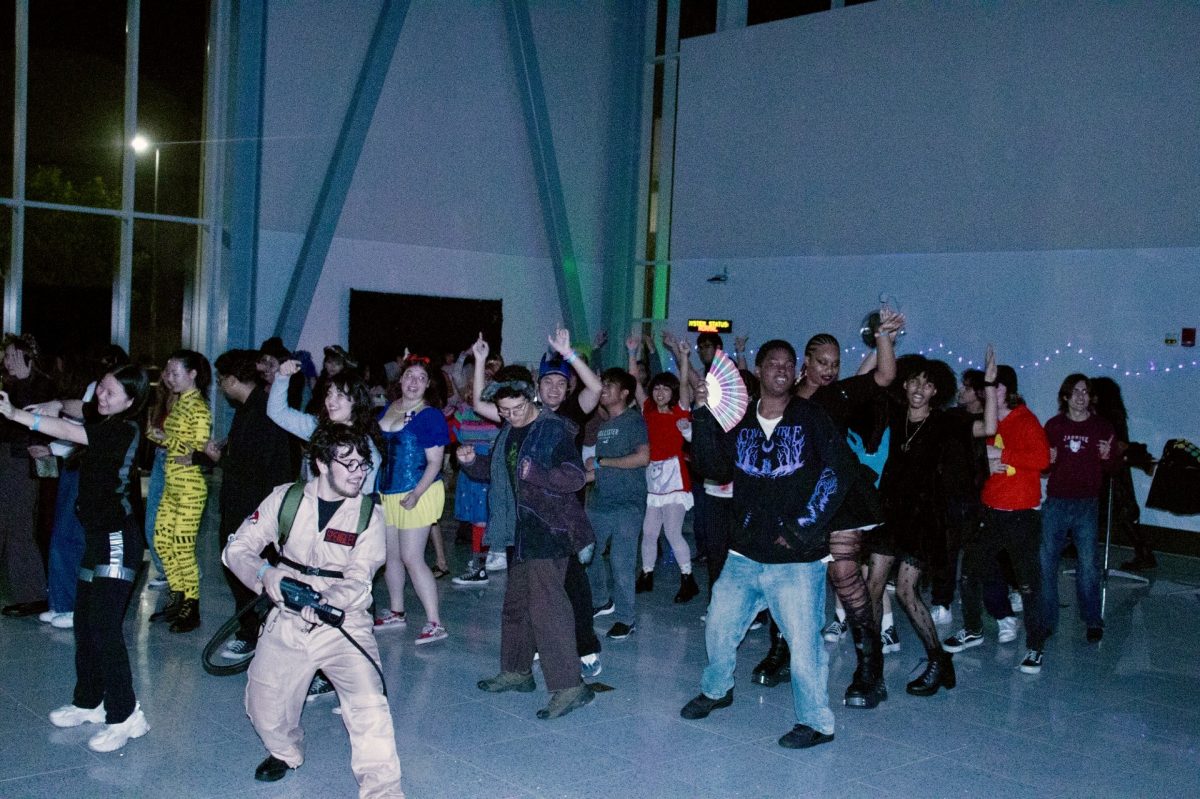Main Entry: af’middot;ter’middot;math
The period immediately following a usually ruinous event (in the aftermath of the war).
A mere 3 days after a 6.5 magnitude earthquake roused the northern coast of California causing an estimated $21.9 million in damage in the quiet town of Eureka, a 7.0 earthquake altered and ended thousands of lives in the island of Haiti’s Port-au-Prince region causing a destruction so complete, that it has been described as the end of the world by those who survived it.
As expected, the people of our local communities, our state and country have stepped up to the plate by amassing disaster relief aid for the desperate situation in Haiti.
President Obama has promised the full support of the United States in the urgent effort to save those trapped beneath the rubble and to deliver the humanitarian relief of food, water and medicine, which is desperately needed in the moments after any catastrophe.
One week later, these efforts are only beginning to reach their destination.
People from all walks seem to know what to do and how to help after the event of a disaster.
Yet, even though we’ve all witnessed the tragic, tremendous and completely unnecessary suffering in the township of Port-au-Prince and surrounding regions, it seems that hardly anybody lives in a household that is prepared in anyway for the eminent southern California earthquake, also known as the ‘The Big One.’
Students were randomly asked if their household was ready to be cut off from society following a 7.0 magnitude earthquake, an earthquake with enough force to knock out water supplies, electricity and communications for at least a week. ‘I don’t think so.’ administrational justice major Richard Alvarez answered to his own bemusement.
Auto major Edgar Marchan also admitted his family wasn’t prepared to sustain itself after such a disaster, but believes being prepared is a good idea.
Graphic design major Johnelle Hipol isn’t so worried. ‘Earthquakes happen all the time and Haiti does have a poorer economy.
It might be different for us here since we have modern technology.’ Psychology major German Sanchez’s family actually buys months worth of food and water at a time.
His mother is a nurse with a professional first aid kit in the house, but the supplies are stored in the garage, ‘scattered around’. Sanchez also admits, ‘If the garage collapses, we won’t be able to reach those supplies.
So we’re not all that organized.’ Animation major Jonathon Vanderlinden knows exactly what should go into an earthquake preparedness kit; First aid medical kits, canned food rations and tools to shut off the gas and water.
A person so knowledgeable would be expected to be prepared for an earthquake or other natural catastrophe. A jovial ‘hell no’ was his answer.
Are we not thinking creatures? Are we not sentient beings? What is it going to take for us to take this necessary action? What other terrible disaster do we need to see that makes us realize that unpreparedness is deadly? How many more lives can be saved and serious injury avoided with preparing ones home for the inevitable natural occurrence of an earthquake? Will you be ready when ground stops shaking and the lights won’t turn on? When the water doesn’t run and you can’t seem to call anybody from any phone? Are you ready for all the brokenness everywhere?
Awareness and foresight are an absolute gift for any family that is interested it’s own well being after a disaster.
Knowing that you have all the provisions ready for your family, the thought of earthquake becomes less frightening, in fact, being prepared empowers.
Start putting together your earthquake preparedness kits today. You can order packaged survival kits from various different websites, or just to look and see how to put an earthquake kit together yourself.
The American Red Cross has an online store with kits available for purchase. This and other informative websites can be found at www.RedCrossStore.org , www.QuakeKare.com. or www.cert-kits.com.
The earth seems to be active like never before.
The problem with not being prepared is not going away on its own and it may be swept under the rug to ones own peril.’
Due to the information over-load on the Haitian disaster, other significant seismic activity is being overlooked:
‘bull;On January 15th, only 4 days after the Haitian quake, a 5.7 earthquake hit Venezuela near the coastal town of Carupano, which is just 813 miles from Port-au-Prince, Haiti.
‘bull;On January 18th, a magnitude 5.8 earthquake strikes the coast of Guatemala.
‘bull;On January 19th, a magnitude 5.8 quake centered in the Caribbean Sea rattles the Cayman Islands.
Will an earthquake strike southern California? Unfortunately, its not ‘if’ but ‘when’.
Will we as Californians be ready? ‘If’ we choose to be.
‘
‘
‘







